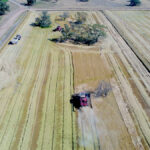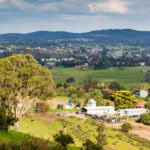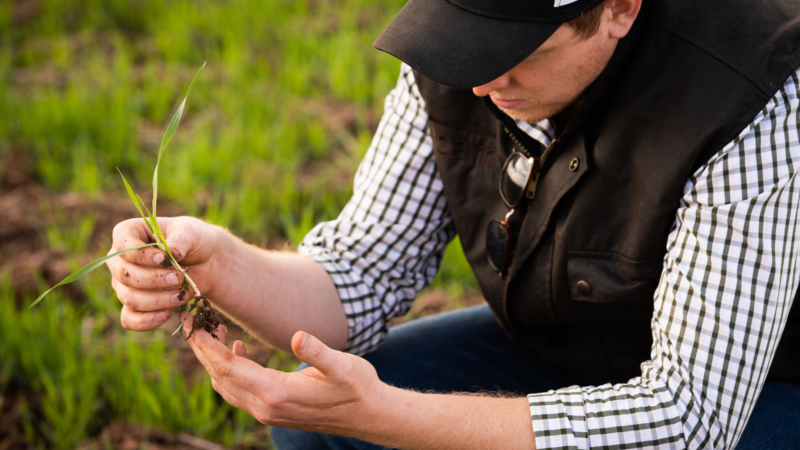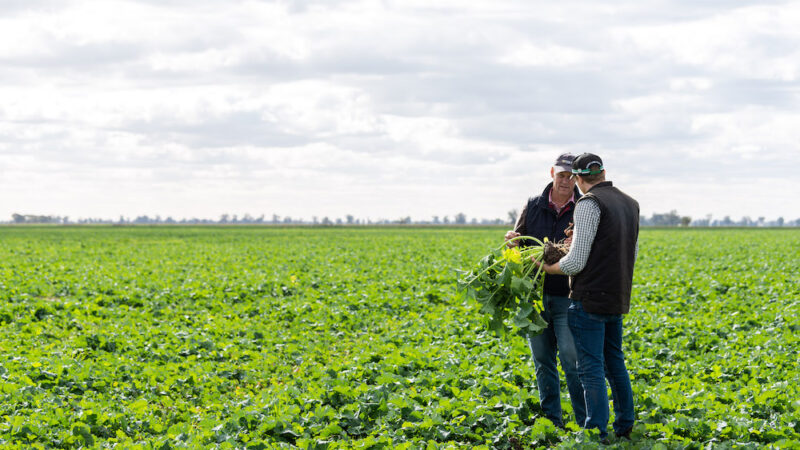There�s no one that grows rice better than Australia. Despite representing only 5 per cent…
Want to decrease your cost of production?
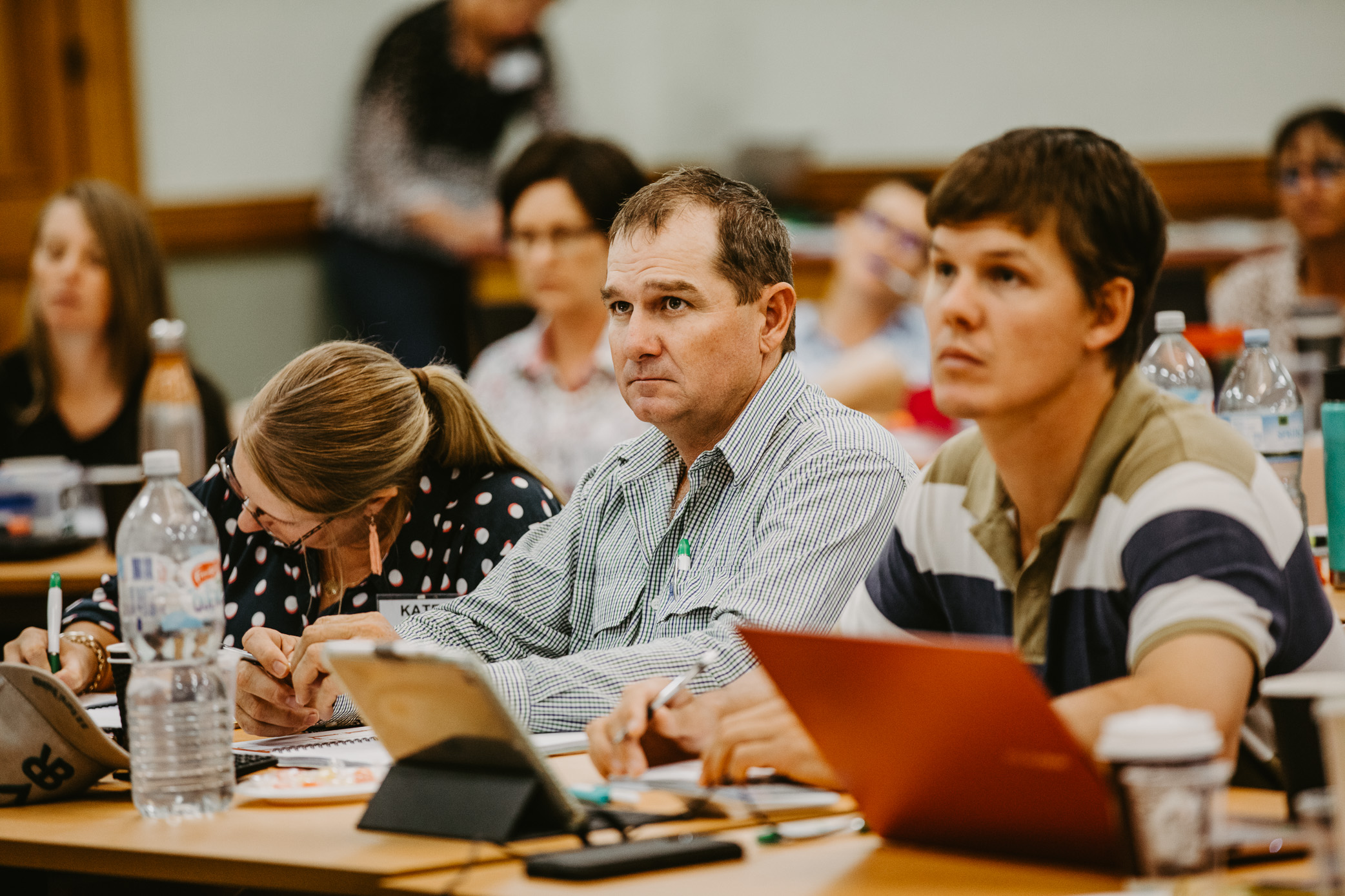
The up and down nature of our commodity prices nowadays can make it hard to know what to sell, what to buy and when. Unfortunately, we have no control over what the general market prices do. When looking at how your business performs across a few years, the best protection you have against fluctuating price received is your Cost of Production (COP).
Cost of production is calculated by taking your total costs and dividing them by your total kilograms (or tonnes) produced. As long as your COP is less than the market price, you�ll have a profit margin.
It is worth pausing to remember you don�t make money by receiving the highest price for what you sell. Likewise, you don�t make money by being the tightest scrooge around and not spending any money. The businesses with the highest profits are the ones with the biggest gap between what they get paid and what it costs them to produce (COP) their goods. This gap, or margin, is the area to focus on.
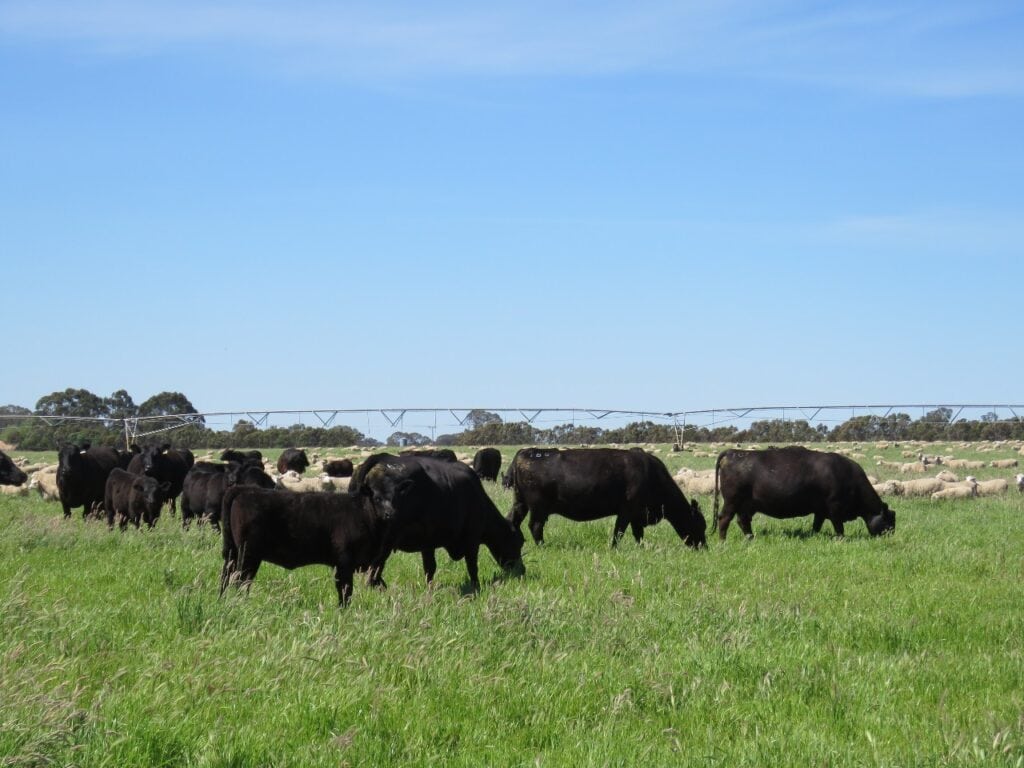
So, given we have very little control over the price received, let�s talk about COP. How do you decrease your cost of production? There are only two ways to do it.
Decrease your costs
There are some costs that you can�t do anything about (eg rates, levies, some R&M). Then there are some costs that you can influence to a certain degree (eg insurance, phone bills, commission, labour). However, there are many costs that we have more choice around the what, where, when, who, why, how (eg supplement, professional fees, selling platform � saleyards vs on-farm sale/A+, animal health, fertilisers/chemicals). The important step is to not go into autopilot on those costs that you can influence or have a choice in what you�re doing. Treat each dollar you spend as an investment and ask what return each investment will give you. Is there a better option that will cost less or give you more production for the same cost?
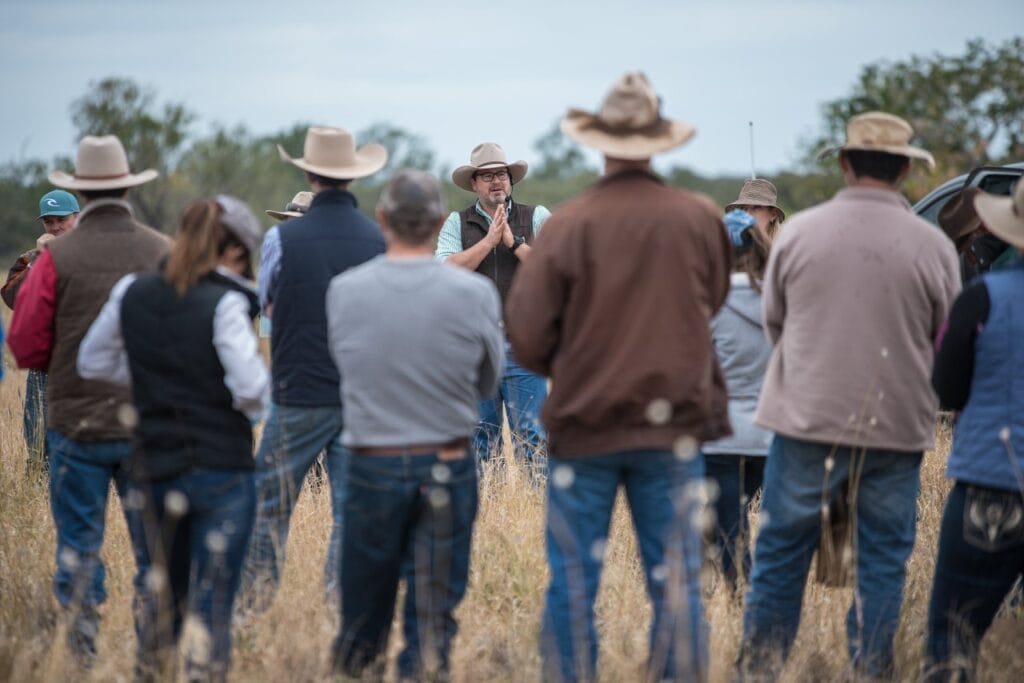
Increase your productivity
If you can produce more kilograms or tonnes from the same cost base, that will reduce your COP as those same costs get spread across more units of production.
What about capital expenditure – money you�re investing in new assets/development etc? If decreasing COP is something you�d like to do in your business, then it can be made quite simple. Is this investment going to reduce your costs and/or increase your production levels? If not, then it is possibly only going to increase your COP!
Do you want to gain the confidence to improve your cost of production, change on-farm practices and know you are getting the best out of your business and farm?
We invite you to attend the upcoming Business Fundamentals Workshops and Farming and Grazing for Profit School in Wagga Wagga and Dubbo this August and November and join a group of farmers at the forefront of industry practice. Contact RCS on 1800 356 004 or visit rcsaustralia.com.au/events/NSW for more information and to register.
David McLean is Chief of Delivery of agricultural consulting and education company, RCS Australia. www.rcsaustralia.com.au 1800 356 004


